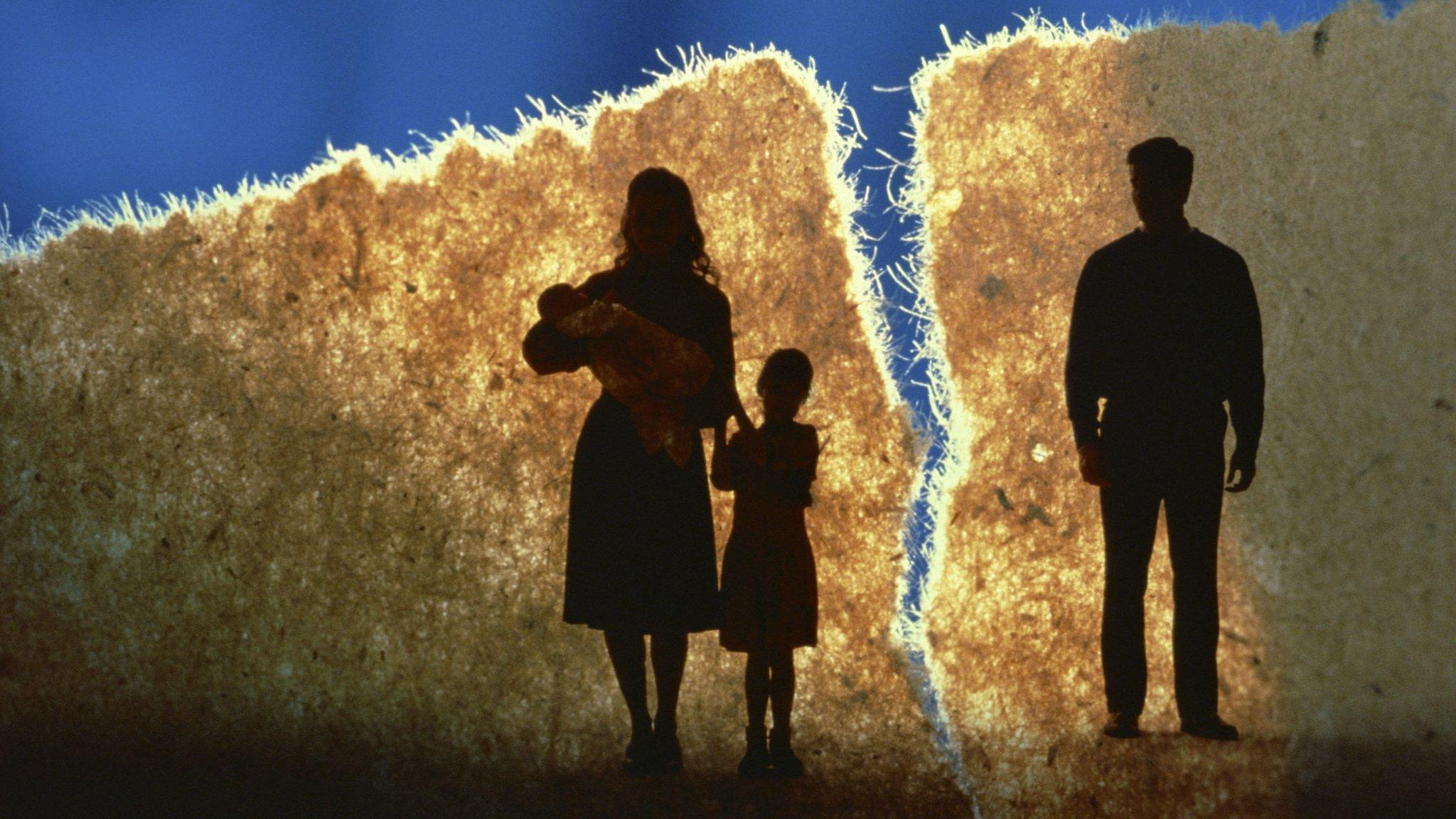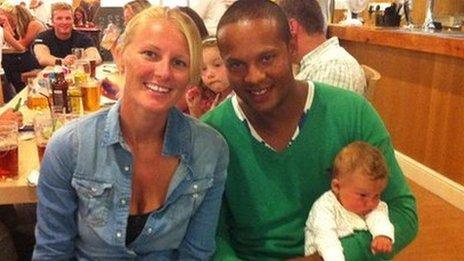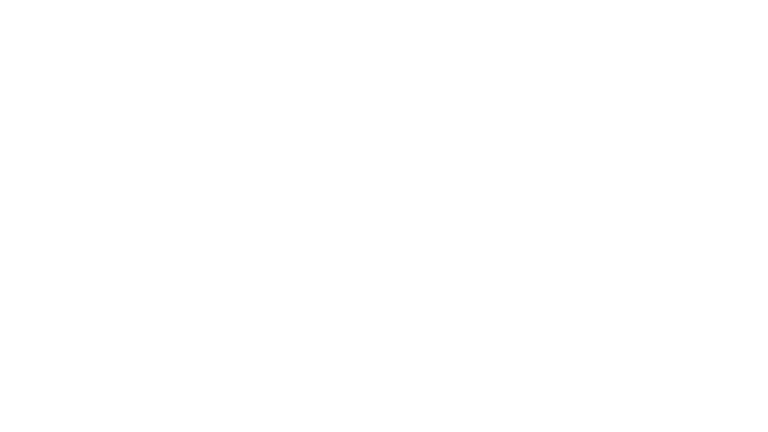Foreign spouse income limit for immigration at court
- Published

The Supreme Court is to rule on whether an income barrier stopping thousands of British citizens from bringing a foreign spouse to the UK is lawful.
As of 2012, Britons must earn more than £18,600 before a husband or wife from outside the European Economic Area (EEA) can settle in the UK.
Critics claim 15,000 children have been separated from parents because of it.
If the government loses, thousands of couples who currently live outside the UK could move to Britain.
Families speak of visa rules pain
Spouse immigration rules 'unjustified'
Are you affected by the income barrier? Get in touch by emailing haveyoursay@bbc.co.uk, external.
In a series of test cases, affected couples argued that the rules breached their right to family life.
Two of the claimants, Abdul Majid and Shabana Javed, are British citizens who have partners who are Pakistani nationals.
The third claimant is a Lebanese refugee who cannot find suitable work in the UK despite his postgraduate qualifications. He says his similarly-qualified wife has high earning potential and speaks fluent English.
The final case concerns another recognised refugee from the Democratic Republic of Congo whose wife has been barred from settling.
'Never met son'
One person affected by the rule is Laura Clarke, from Rugby, Warwickshire, who was working in Ethiopia when she met her partner, but is living in England, where she has given birth to their son.
She told the BBC he cannot come to the UK because she does not meet the financial requirements.
"He also cannot come to visit us because he's been refused a visit visa, on the grounds that he hasn't travelled before and because he has family ties here, he's considered high risk," she said.
"I feel sorry for my son who has not met his father."
Children raise threshold
The rule was introduced by the former coalition government to stop foreign spouses becoming reliant on taxpayers.
The minimum income threshold, which also affects people settled in the UK as refugees, rises to £22,400 if the couple have a child who does not have British citizenship - and then by an additional £2,400 for each subsequent child.
These thresholds replaced a previous, more general requirement to show the Home Office that the incoming partner would not be a drain on public resources and that the couple or family could adequately support themselves.
The current rules do not take into account the earnings of the overseas partner - even if they have higher qualifications, or are likely to be employed in higher-paid work than their British spouse.
The minimum income threshold does not apply to spouses from within the EEA.
'Victims are children'
Saira Grant, from the Joint Council for Welfare of Immigrants, said the financial figures put an "artificial barrier" on family life, when more than 41% of people in the country did not earn more than £18,600.
"The amount it's set at is really concerning. More importantly, it's what the impact is. Families are being torn apart. These immigration rules are impacting British citizens. The unintended victims seem to be children."
Governments must comply with their legal duty to safeguard children, she said.
Incomes 'Unobtainable'
In 2013, the High Court ruled in the couples' favour saying that the rules were "onerous and unjustified" - and the judge urged the home secretary to rewrite them.
That decision was overturned at the Court of Appeal, leading to the challenge reaching the Supreme Court.
If the Supreme Court rules against the government, it could lead to the minimum income threshold being lowered or, potentially, require Parliament to reconsider the entire law.
When the government introduced the measures, it said they aimed to reduce the burden on taxpayers, promote integration and prevent and tackle abuse of the family migration route.
- Published12 December 2014

- Published5 July 2013
